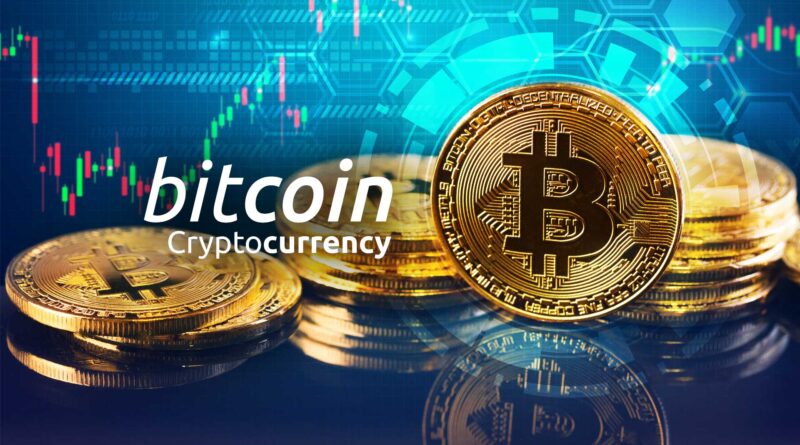What Beginners Should Know Before Buying Bitcoin
For newcomers, stepping into the world of digital currency can feel both exciting and uncertain. There’s potential for growth, but also real risk. Understanding a few key ideas before buying Bitcoin can make the process safer and less confusing.
The first step is learning what you’re actually buying. It’s not a stock, and it doesn’t pay interest or dividends. It’s a digital asset that lives on a decentralised network of computers. Each transaction is verified publicly, which helps prevent fraud. But ownership also means responsibility. If someone loses their access keys, there’s no customer service to restore them. New users should practise with small amounts before handling larger sums.
Price volatility is another reality. The value can rise or fall sharply within hours. That movement attracts traders but can unsettle beginners. Planning ahead helps manage stress. Setting a budget and deciding in advance how much loss you can handle keeps emotions out of decision-making. Many first-time buyers forget that patience often matters more than timing.
Security deserves serious attention. The safest way to store digital assets is through wallets that you controlnot exchanges. Hardware wallets keep keys offline, reducing exposure to hacks. It’s also smart to back up recovery phrases on paper or in secure digital storage. Some people choose custodial services, but that means trusting a company to protect their funds. The choice depends on how comfortable you are managing your own security.
Buying methods vary. Exchanges, peer-to-peer platforms, and broker apps all offer access, but fees and speed differ. Beginners should look for platforms with clear pricing and strong reputation. Reading reviews and testing withdrawal processes before depositing large amounts helps build confidence. Verifying identity, though sometimes annoying, also protects against scams.
Understanding the purpose behind Bitcoin makes decisions easier. It was created as a peer-to-peer system for sending value without banks. Some people use it as digital cash, others treat it as long-term investment, and some use it for cross-border payments. Knowing your reason for buying shapes how you store and use it later. Short-term traders focus on price charts; long-term holders care more about network strength and scarcity.
Taxes often surprise beginners. In many countries, selling or trading digital currency counts as a taxable event. Keeping records of purchase dates and prices prevents problems later. Many portfolio apps now track this automatically. Ignoring tax rules can create complications when profits appear. It’s better to stay organised from the start.
Scams remain common. False investment platforms, fake influencers, and promises of guaranteed returns appear frequently. No legitimate service can double your coins overnight. If an offer sounds too good to be true, it usually is. Staying sceptical protects your funds better than any software.
Education helps reduce mistakes. Countless free resources explain how the network works, how to send transactions safely, and how to read blockchain data. Spending time learning before spending money builds confidence. Forums and communities can be useful, but advice there isn’t always correct. Cross-checking information with trusted sources saves headaches.
It’s also wise to remember that digital assets don’t exist in isolation. Global events, regulations, and technology upgrades all influence price. News cycles can trigger fear or excitement, but not every headline matters. Following reliable analysts and looking at long-term trends helps keep perspective.
Finally, think about exit plans. If prices rise sharply, when will you sell? If they fall, how long are you willing to wait? Having these answers ready avoids emotional reactions during volatile periods.
Buying Bitcoin doesn’t require expert knowledge, only preparation. Understanding risk, staying cautious with security, and setting realistic goals turn what feels like speculation into informed participation. For beginners, it’s less about chasing profit and more about learning a system that’s changing how money moves worldwide.

